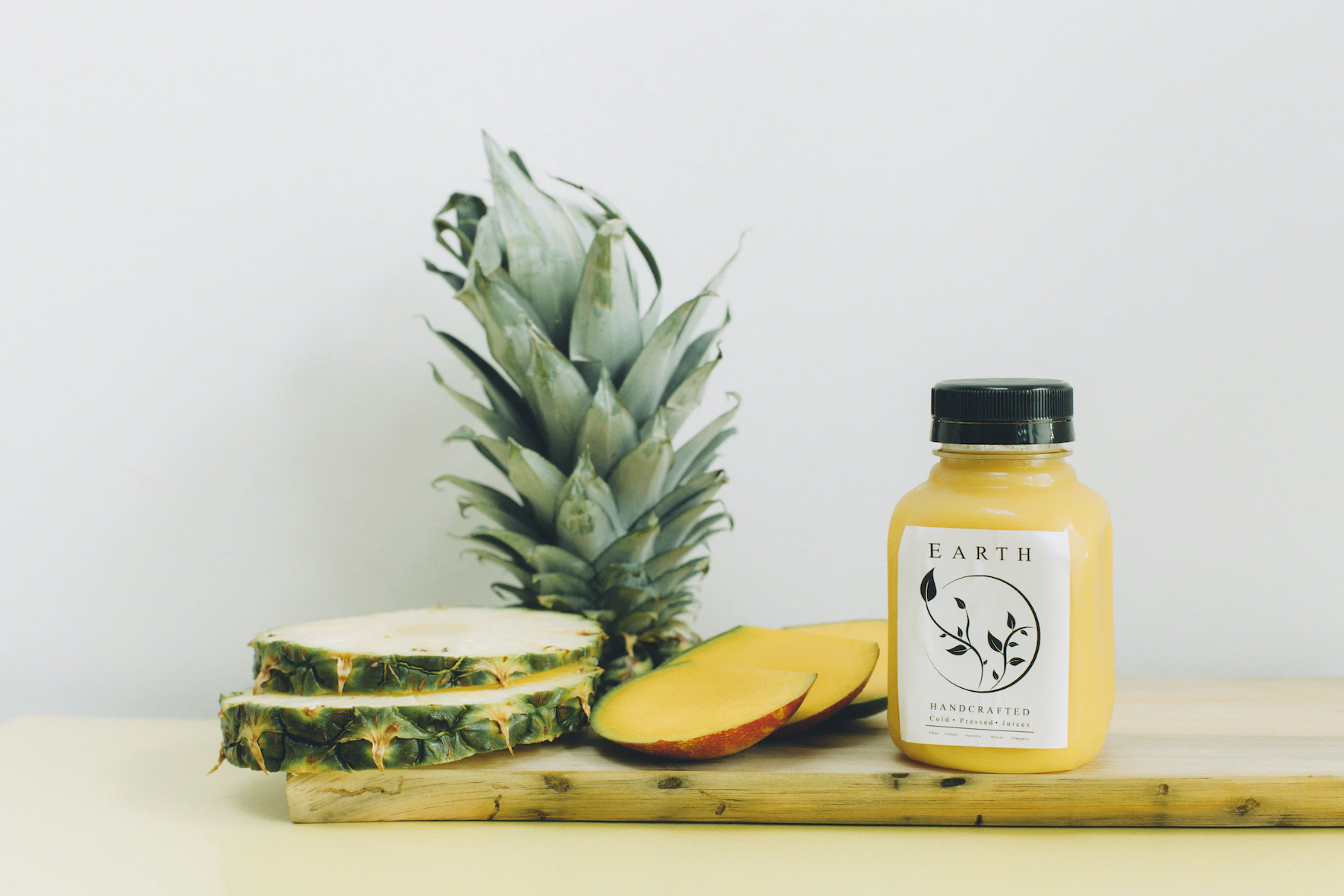Free Shipping Over $95

Benefits of integrating organic products into daily life
In today’s world, where health and sustainability have become paramount concerns, integrating organic products can have a multitude of advantages. Organic products, whether it be food, personal care items, or household products, are grown or produced without the use of synthetic chemicals, pesticides, or genetically modified organisms (GMOs). In this article, we will explore the various advantages of integrating organic products into your daily routine. From better health to environmental sustainability, these products offer numerous benefits that can enhance your overall well-being and contribute to a greener planet.
Health Benefits:
One of the primary advantages of consuming organic food is the avoidance of harmful chemicals and pesticides. Organic fruits, vegetables, and grains are grown without synthetic fertilizers and pesticides, making them a healthier choice for you and your family. Additionally, organic livestock is raised without the use of antibiotics or growth hormones, ensuring that you consume meat and dairy products free from these additives. By choosing organic, you reduce your exposure to potentially harmful substances, promoting better health and well-being.

Superior Nutritional Value:
Numerous studies have shown that organic produce often has higher levels of certain nutrients compared to conventionally grown alternatives. Organically grown fruits and vegetables tend to contain more vitamins, minerals, and antioxidants, which contribute to a well-balanced diet. By incorporating organic food into your meals, you can boost your nutrient intake and support optimal health.

Environmental Sustainability:
Organic farming practices prioritize the use of natural resources while minimizing environmental impact. By avoiding the use of synthetic fertilizers and pesticides, organic agriculture helps maintain soil fertility, prevents water contamination, and supports biodiversity. Furthermore, organic farming practices typically emphasize sustainable practices such as crop rotation, composting, and natural pest control. By choosing organic products, you actively contribute to a healthier and more sustainable environment.

Reduced Exposure to GMOs:
Genetically modified organisms (GMOs) are often found in conventional food products. These organisms are created by altering the DNA of plants or animals, often to enhance their resistance to pests or herbicides. However, the long-term effects of GMO consumption on human health are still uncertain. By opting for organic food, you can reduce your exposure to GMOs and make a conscious choice to support more natural and traditional farming practices.

Support for Local Farmers:
Choosing organic products often means supporting local farmers who prioritize sustainable and environmentally friendly practices. By purchasing organic produce from local farmers’ markets or joining community-supported agriculture (CSA) programs, you contribute to the growth and success of small-scale farmers in your area. This support helps sustain local economies and fosters a sense of community.

Safer Personal Care Products:
Organic products extend beyond food and include personal care items such as skincare, hair care, and cosmetics. Conventional personal care products often contain synthetic chemicals and potentially harmful ingredients. By opting for organic alternatives, you minimize your exposure to these chemicals, reducing the risk of skin irritation, allergies, and other adverse effects. Additionally, organic personal care products are often cruelty-free, meaning they are not tested on animals

Eco-Friendly Household Products:
Many conventional household cleaning and maintenance products contain harsh chemicals that can be harmful to both human health and the environment. Organic alternatives, on the other hand, utilize natural ingredients that are biodegradable and non-toxic. By using organic household products, you can create a healthier living environment while reducing your ecological footprint.


